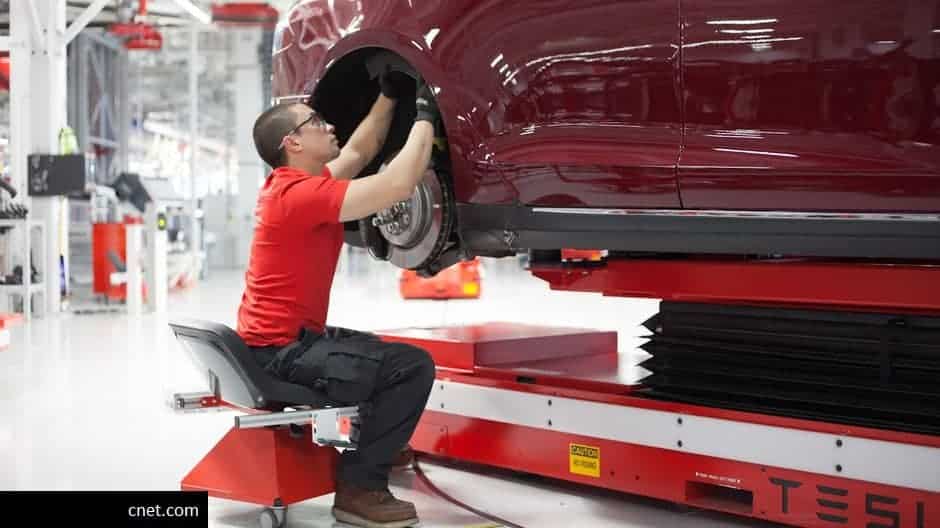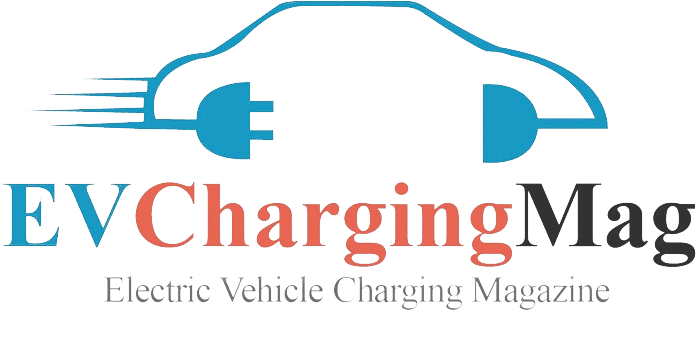Electric cars (EVs) are rapidly becoming a mainstream choice, but how do they stack up when it comes to maintenance costs? Here’s a comprehensive breakdown of the latest information in 2024, including both the advantages and considerations:
Reduced Maintenance Needs: A Breath of Fresh Air
- Simpler Design, Lower Wear and Tear: Unlike gasoline cars with complex internal combustion engines, EVs have a simpler design. An electric motor, battery, single-speed transmission, and advanced electronics translate to fewer moving parts and less wear and tear, leading to reduced maintenance needs.
- Goodbye to Routine Services: Forget the hassle and expense of regular oil changes, timing belt replacements, and spark plug checks. These routine services become a thing of the past with EVs, saving you time and money.
- Extended Brake Pad Life: Electric vehicles utilize regenerative braking systems that capture energy during deceleration, reducing wear and tear on traditional friction brakes. This translates to longer brake pad lifespan and potentially fewer replacements compared to gasoline vehicles.
EV-Specific Maintenance Considerations
- Battery Health Checks: While EVs require less overall maintenance, some manufacturers recommend annual battery health checks. These check-ups ensure optimal performance and longevity of your EV’s most crucial component, the battery.
- Charging Costs: Factor in the ongoing cost of electricity for home or public charging. Prices can vary depending on your location and electricity provider. Use services like PlugShare.com to estimate charging expenses and identify charging stations near you.
- Tire Rotations and Alignments: Just like gasoline cars, EVs still require regular tire rotations and alignments to maintain optimal handling, safety, and tire life.
Insurance Considerations
- Slightly Higher Insurance Rates: Studies like the 2024 Forbes Advisor analysis suggest EVs might cost roughly $100 more per year to insure compared to gasoline counterparts. This difference could be due to factors like repair costs for certain EV components or the perceived value of electric vehicles.
Warranty Coverage
- EV-Specific Warranties: Many manufacturers offer separate warranties for the electric motor and battery, often lasting longer than the standard vehicle warranty. These warranties provide peace of mind and can help cover potential repairs to these critical EV components.
The Bottom Line: Lower Overall Costs, But Be Prepared
- Estimated Savings: While the exact cost varies depending on factors like driving habits and maintenance schedules, estimates suggest EV maintenance is around 25% less expensive than gasoline vehicles over time. This translates to significant savings in ownership costs.
Sharing Your Experience and Looking Ahead
- Your Insights Matter: Are you an EV owner? Share your maintenance experiences in the comments below! Your insights help us keep this information current and valuable.
- The Future of EV Maintenance: As EV technology continues to evolve, maintenance needs might change further. We can expect advancements in battery technology and diagnostic tools, potentially leading to even lower maintenance costs in the coming years.


The maintenance cost for ICE varies a lot based on the age of the car.
I suspect the ratio of maintenance cost between ICE and EV will grow over time.
You do need to change windshield wipers and tires OCCASSIONALLY.
Readers: OK, this driver of some 50 decades has his first EV-Hyundia Ioniq 2022 yr. Its been circa 02 months with it, and I will say, with truth, I will never drive an I.C.E auto again! NONE of the I.C.E. repair issues and no petrol. As to long life & cost; let me add this footnote. There is a video on YouTube from I think, Fully Charged pages ; of a fellow who has the first generation Leaf. Aside from some battery degradation, he has just bought tyres, wiper blades and the usual chassis things, and it has circa 200K miles on it. A 12yr old EV that is as sound and functional as the day it was built. And it costs him nothing to run 10 months of an English year, as he charges it from a payed off solar array on his house. The math on an EV is easy to do.
So readers; might I recommend you go forth and buy one, NOW, used or new. There is much to choose from, and when you buy, buy an EV the same way you SHOULD buy an I.C.E auto—buy an EV for the way you drive 90% of the time. Then adjust as needed for the 10%. Note even a 100 mile range EV can and has been driven coast to coast{USA} so range anxiety is another issue that should be discarded. It just takes planning and forethought, the way it was in the early years of gas autos {up to the late 1960′!}
I’m very confused by the insurance table. None of those models are EVs.
Regardless, I pay $1832/year for two EVs (yes TWO), a home, and a nice musical instrument.
Thanks Portia, we will update the table.
I have a 2022 BMW iX3 and like Charles said, no more ICE for me. But the total ownership cost is not a factor for me… it is the experience overall.
The BMW X3 petrol when equipped like its EV version is almost the same (around $130k out the door). Yes BMW X3s start at about 90k but you get a base version. So lets compare them when similarly equipped.
Only consumables pretty much. However, BMWs come with a 5-year Chargefox subscription for free. This means no cost charging at any Chargefox owned and operated station (including QLD Yurika chargers). That saves up to $5k a year in energy costs to convert into kilometers!
Batteries are modular and are warranted up to 8 years, unlimited mileage. By then, if you still have the iX3 which I highly doubt, batteries will be cheaper. It is important to note that it doesn’t mean they become unusable by year 8 but maybe they have maybe another 5 years of reduced range.
In the end, I am happy I bought my first EV.
Today is my 10 year anniversary of been only 100% electric.
I have 2 Nissan LEAFs and a Tesla Model Y that just turned 2 years old
The Tesla has had 1 gallon of wiper fluid and its tires rotated twice so far.
The Nissan LEAFs have been flawless, only tires, wiper blades, and a couple 12V batteries each.
In my 10 years and almost 200,000 miles I’ve done very little maintenance on 3 EVs.
Currently I fill up my Tesla Model Y for $12 in electricity in Northern NJ.